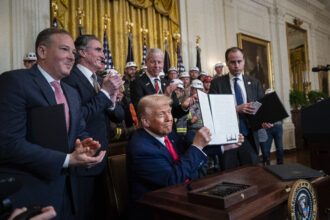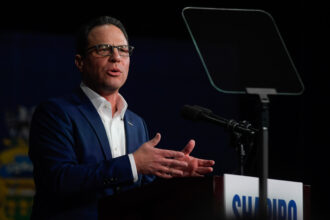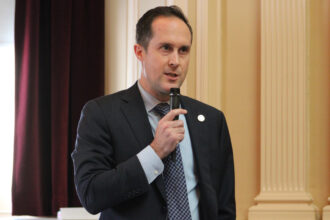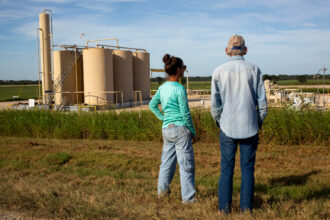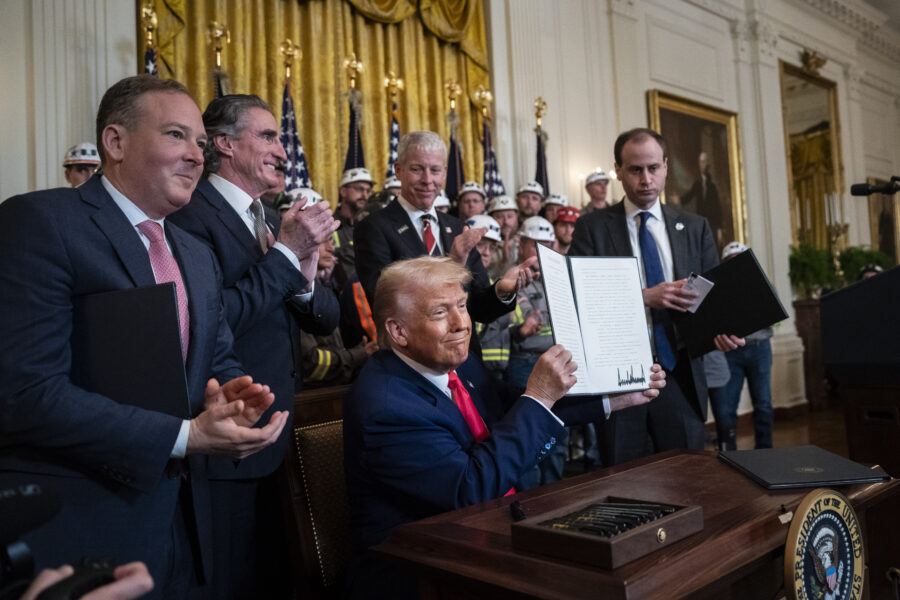US diplomats privately pressured the Bangladeshi government into reinstating a controversial coal mine which had been closed following violent protests, a leaked diplomatic cable shows.
The US ambassador to Dhaka, James Moriarty, last year held talks with the country’s chief energy adviser, urging him to approve plans by the British company Global Coal Management (GCM) to begin open-cast coal mining in the country’s Phulbari area, in the west of Bangladesh.
GCM were forced to shut down operations in the country in 2006 after a grassroots demonstration turned violent. Three people were killed as soldiers fired at protesters, and several hundred were injured.
But the company has continued to maintain a strong presence in the country and has continued to lobby for rights to operate the coal mine ever since. Earlier this month, Steve Bywater, GCM’s chairman, said that a Bangladeshi parliamentary standing committee had recommended that the country moves towards extracting coal reserves using open-cut mining methods.
The government of Bangladesh has not yet given any firm assurances over whether they will give the coal mine project the go-ahead. It remains a deeply contentious issue, with activists fearing the country’s natural resources are due to be sold off to a string of foreign investors.
Revelations that the US government continued to push for the Bangladeshi energy adviser to reinstate the plans are likely to cause greater anger among activists, who last month staged a “long march” from Phulbari to Dhaka to demand Asia Energy leaves the country.
In a cable posted by WikiLeaks which was sent in July last year, Moriarty says he had urged Tawfiq Elahi Chowdhury, the prime minister’s energy adviser, to authorise coal mining, saying that “open-pit mining seemed the best way forward”.
Later on in the cable, Moriarty privately noted: “Asia Energy, the company behind the Phulbari project, has sixty percent US investment. Asia Energy officials told the Ambassador they were cautiously optimistic that the project would win government approval in the coming months.”
However, in the cable Moriarty also notes that Chowdhury admitted the coal mine was “politically sensitive in the light of the impoverished, historically oppressed tribal community residing on the land”. Chowdhury, according to the cable, then agrees to build support for the project through the parliamentary process.
GCM declined to comment.
About This Story
Perhaps you noticed: This story, like all the news we publish, is free to read. That’s because Inside Climate News is a 501c3 nonprofit organization. We do not charge a subscription fee, lock our news behind a paywall, or clutter our website with ads. We make our news on climate and the environment freely available to you and anyone who wants it.
That’s not all. We also share our news for free with scores of other media organizations around the country. Many of them can’t afford to do environmental journalism of their own. We’ve built bureaus from coast to coast to report local stories, collaborate with local newsrooms and co-publish articles so that this vital work is shared as widely as possible.
Two of us launched ICN in 2007. Six years later we earned a Pulitzer Prize for National Reporting, and now we run the oldest and largest dedicated climate newsroom in the nation. We tell the story in all its complexity. We hold polluters accountable. We expose environmental injustice. We debunk misinformation. We scrutinize solutions and inspire action.
Donations from readers like you fund every aspect of what we do. If you don’t already, will you support our ongoing work, our reporting on the biggest crisis facing our planet, and help us reach even more readers in more places?
Please take a moment to make a tax-deductible donation. Every one of them makes a difference.
Thank you,





